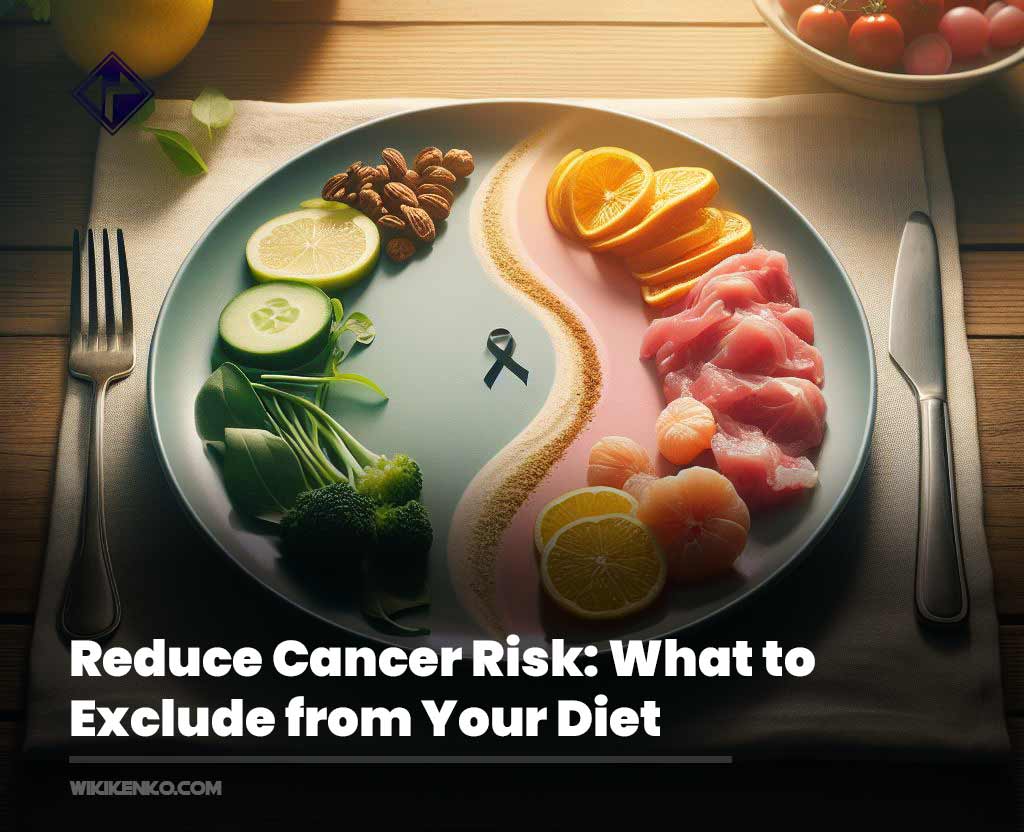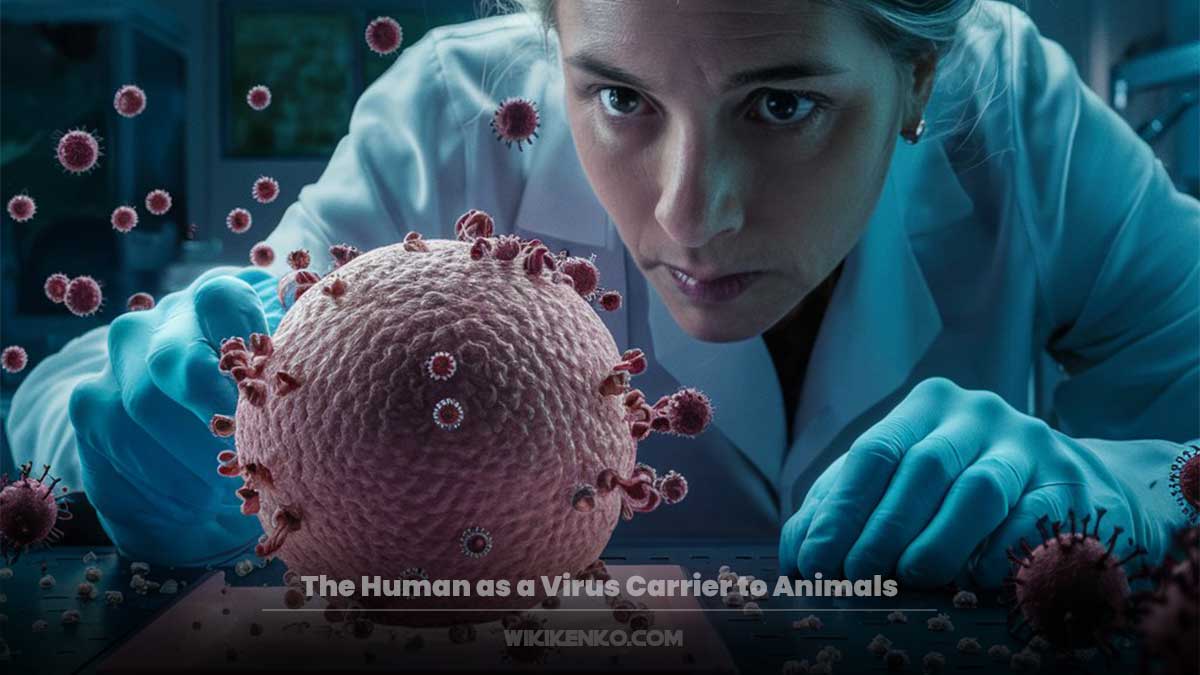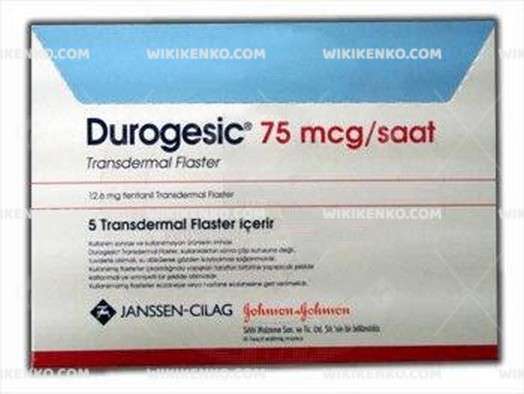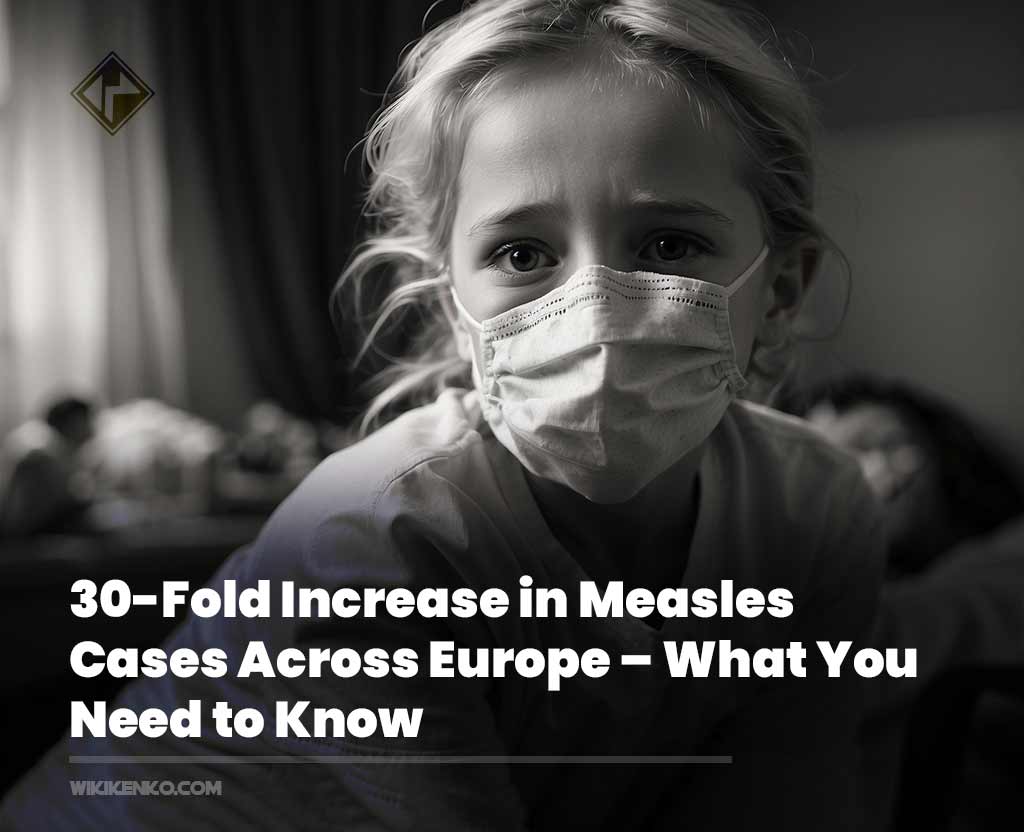|
Getting your Trinity Audio player ready…
|
Highly processed foods have long been under scrutiny for their potential health risks. However, a recent study published in “eClinicalMedicine – Part of The Lancet Discovery Science” suggests that it’s not a one-size-fits-all scenario. While an increased consumption of these foods has been linked to elevated cancer risk, the focus narrows down to two specific beverages.
Distinguishing Processed Foods: A Detailed Analysis
British researchers conducted a comprehensive study involving over 200,000 participants from the UK Biobank to understand the impact of highly processed foods on cancer risk. Contrary to generalizations, the study delved into individual food groups, providing insightful conclusions.
According to Martin Smollich, a nutritional medicine expert from the University Medical Center Schleswig-Holstein (UKSH), the key takeaway is that the negative effect of highly processed foods, assuming causality, is primarily attributed to soft drinks and juices, with other products like plant-based meat alternatives playing a negligible role.

Aligning with Expert Recommendations
These findings align with recommendations from the World Cancer Research Fund (WCRF), which has long advocated for lifestyle changes to reduce personal cancer risk. Specifically, the WCRF emphasizes eliminating sugar-sweetened beverages from one’s diet due to their contribution to global obesity, a known risk factor for various cancers.
Relevant articles: New Anti-Cancer Pill Destroys 70 Different Tumors
Study Highlights
- On average, highly processed foods constituted 22.9% of participants’ diets.
- Over a 9.8-year follow-up, 15,921 participants developed cancer, resulting in 4,009 cancer-related deaths.
- Increased consumption of highly processed foods correlated with higher cancer risks, especially ovarian cancer.
- Participants with the highest consumption exhibited higher overall cancer incidence, brain tumors, and lower incidence of head and neck cancer.
- A 10% increase in processed food consumption was associated with a 6% increase in overall mortality risk (30% for ovarian cancer and 16% for breast cancer).
The study, unique in its examination of 34 different cancer types, maintained these associations after adjusting for socioeconomic, behavioral, and nutritional factors.
Addressing Study Limitations
Acknowledging the limitations inherent in nutritional studies, critics in social media discussions point out the absence of a causal link between dietary choices and cancer risk. Smollich, the nutritional medicine expert, agrees, emphasizing the need for a nuanced view of highly processed foods, considering the varied lifestyles of individuals with high consumption versus those focusing on fresh vegetables daily. He underscores that lifestyle significantly influences cancer risk, extending beyond dietary choices.
Relevant articles: Recommendation for Preventive Breast Cancer Drug: Anastrozole Insights
Crafting a Cancer-Prevention Diet
While this study doesn’t outright condemn highly processed foods or specifically target juices and soft drinks, it serves as a prompt for individuals to critically evaluate their diet and overall lifestyle.
The WCRF provides clear guidelines for a cancer-prevention diet:
- Whole Foods: Prioritize whole grains, vegetables, fruits, and legumes, aiming for at least 400 grams of vegetables and fruits daily, along with a minimum of 30 grams of fiber.
- Limit Processed Foods: Minimize fast food and industrially processed foods known for their high content of fats, sugars, and starches, contributing to obesity.
- Reduce Red Meat and Processed Meats: Limit red meat consumption to a maximum of three portions per week (350-500 grams) and reduce processed meat intake.
- Avoid Sugary Drinks: Opt for unsweetened beverages like water, tea, or coffee without sugar. Caution against consuming large quantities of fruit juices due to their potential contribution to weight gain.
- Alcohol Abstinence: To prevent cancer, experts recommend abstaining from alcohol, as it is considered a causative factor for various cancers.
Pairing a healthy diet with an active lifestyle, non-smoking habits, and sun protection adds essential ingredients to lower cancer risk. While no lifestyle guarantees complete protection, a mindful approach to diet and habits can contribute significantly to overall well-being.
Original source: This information was Initially covered by focus.de and has been translated for our readers.









